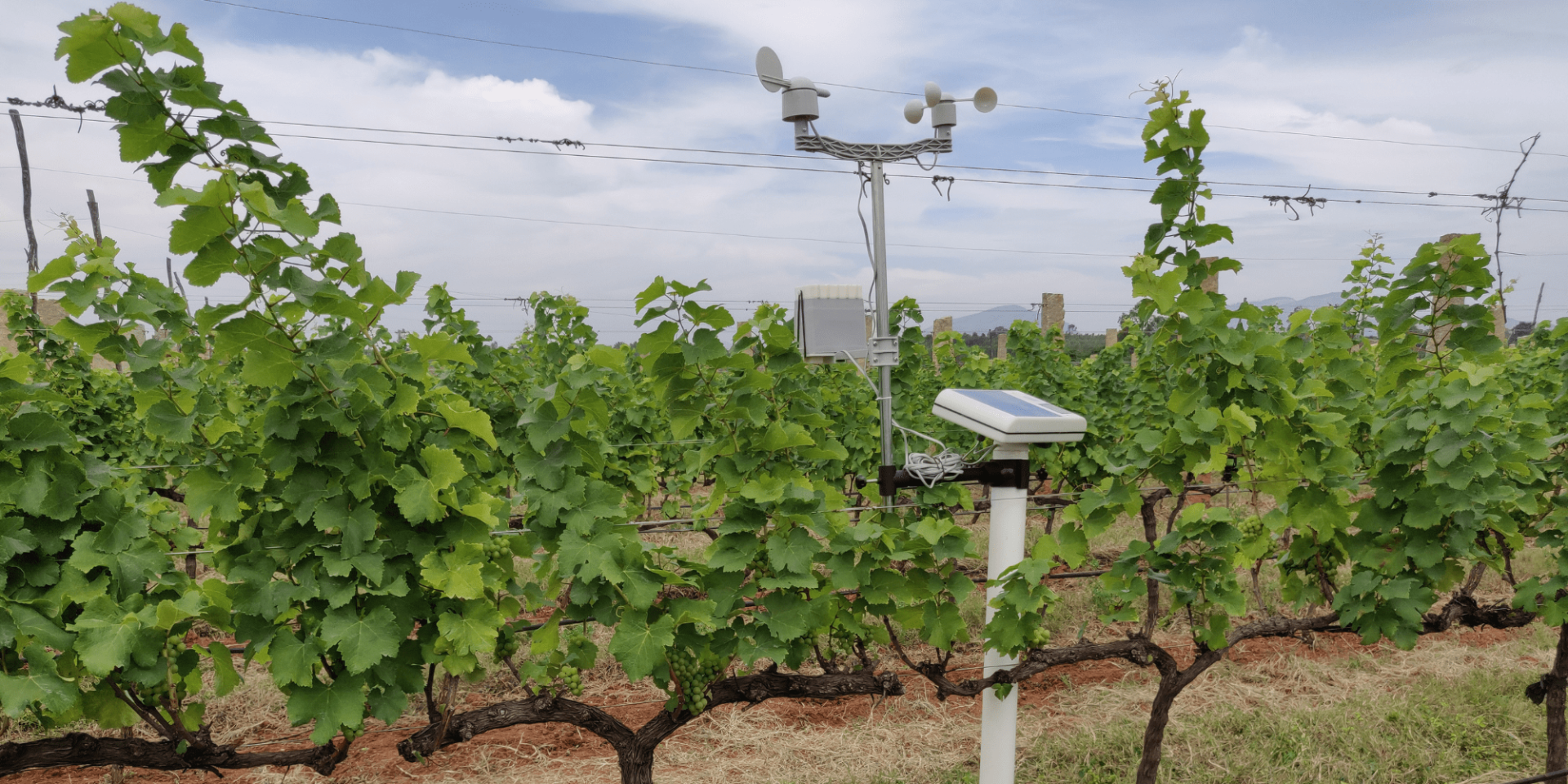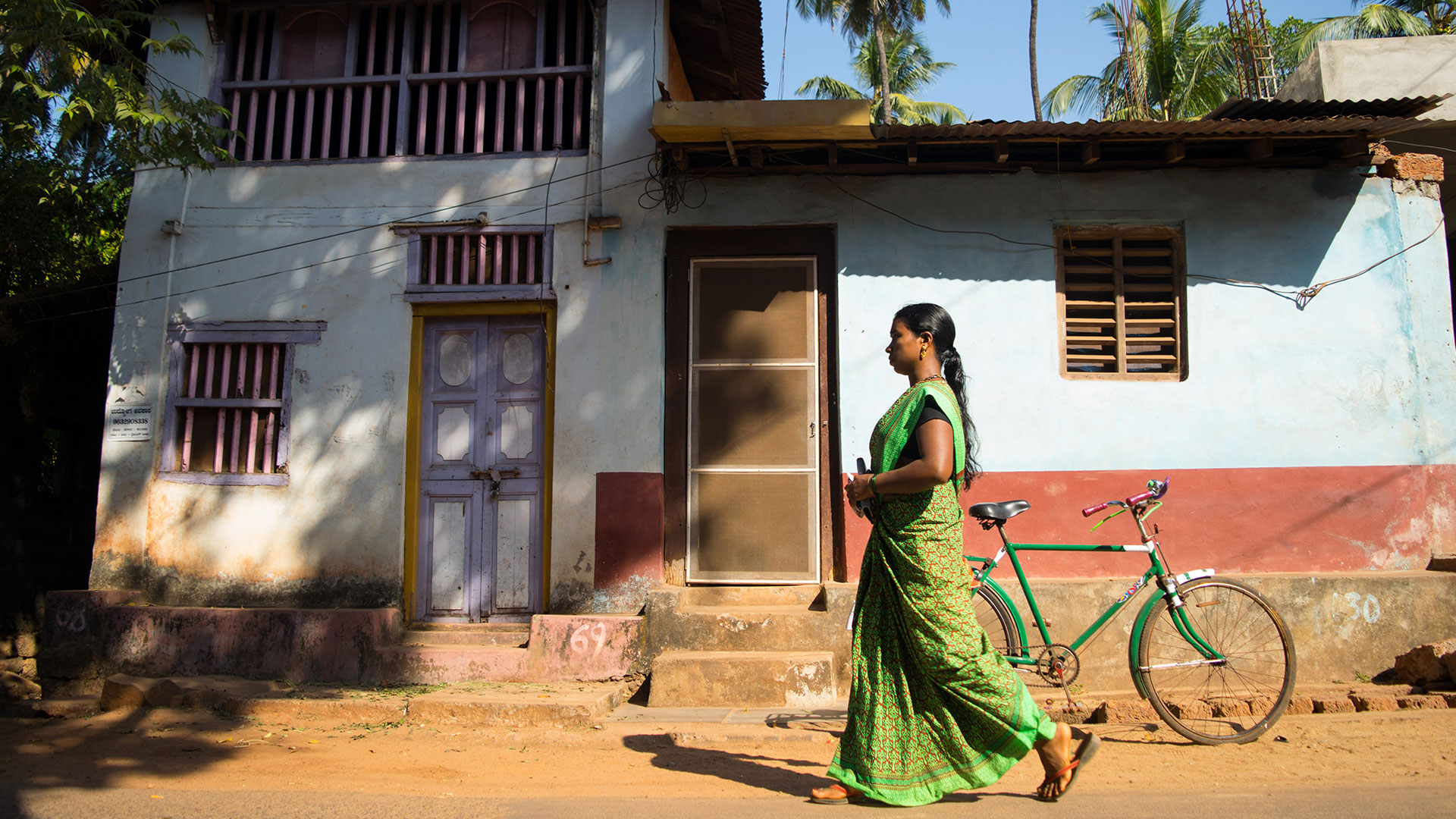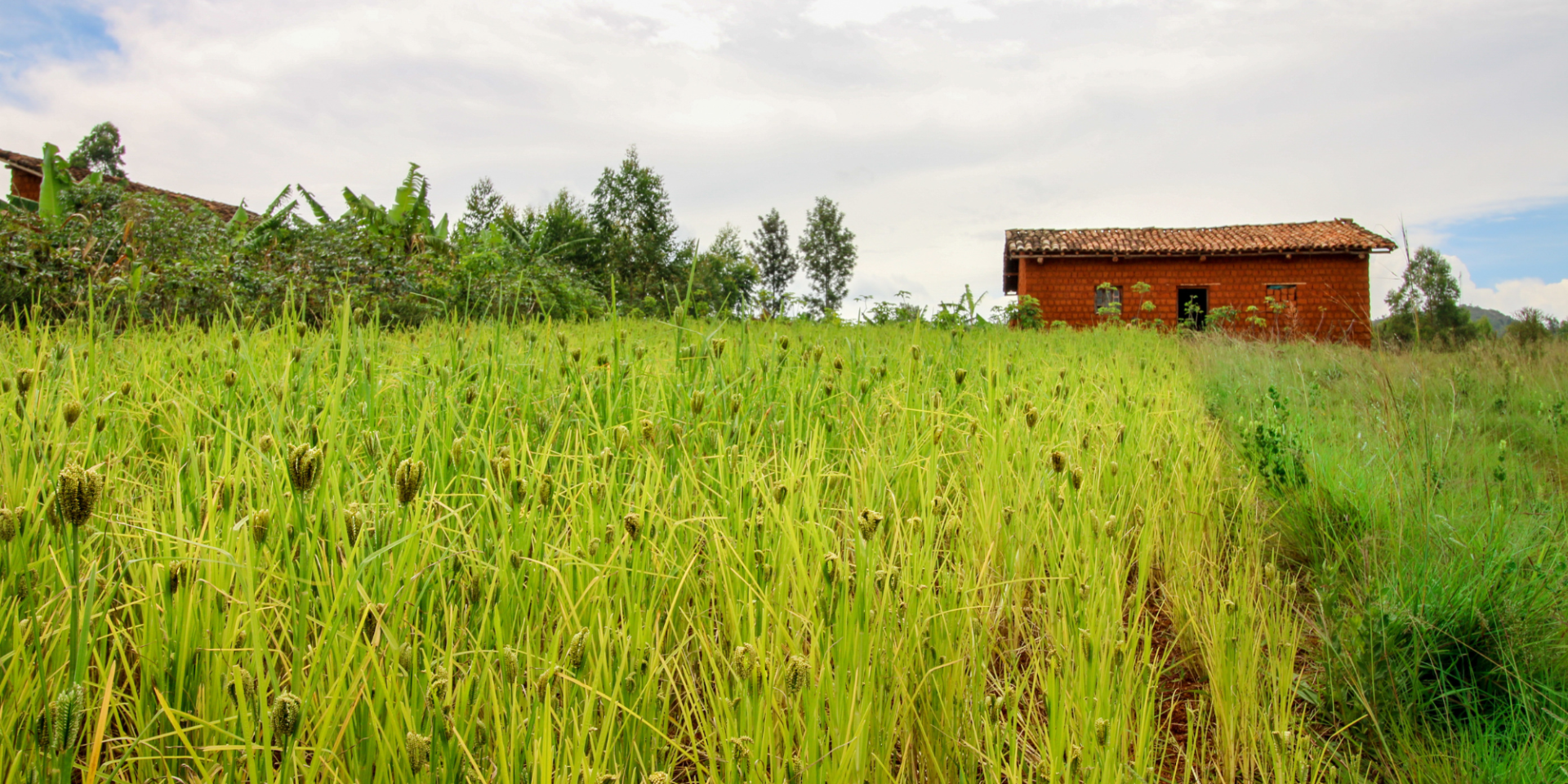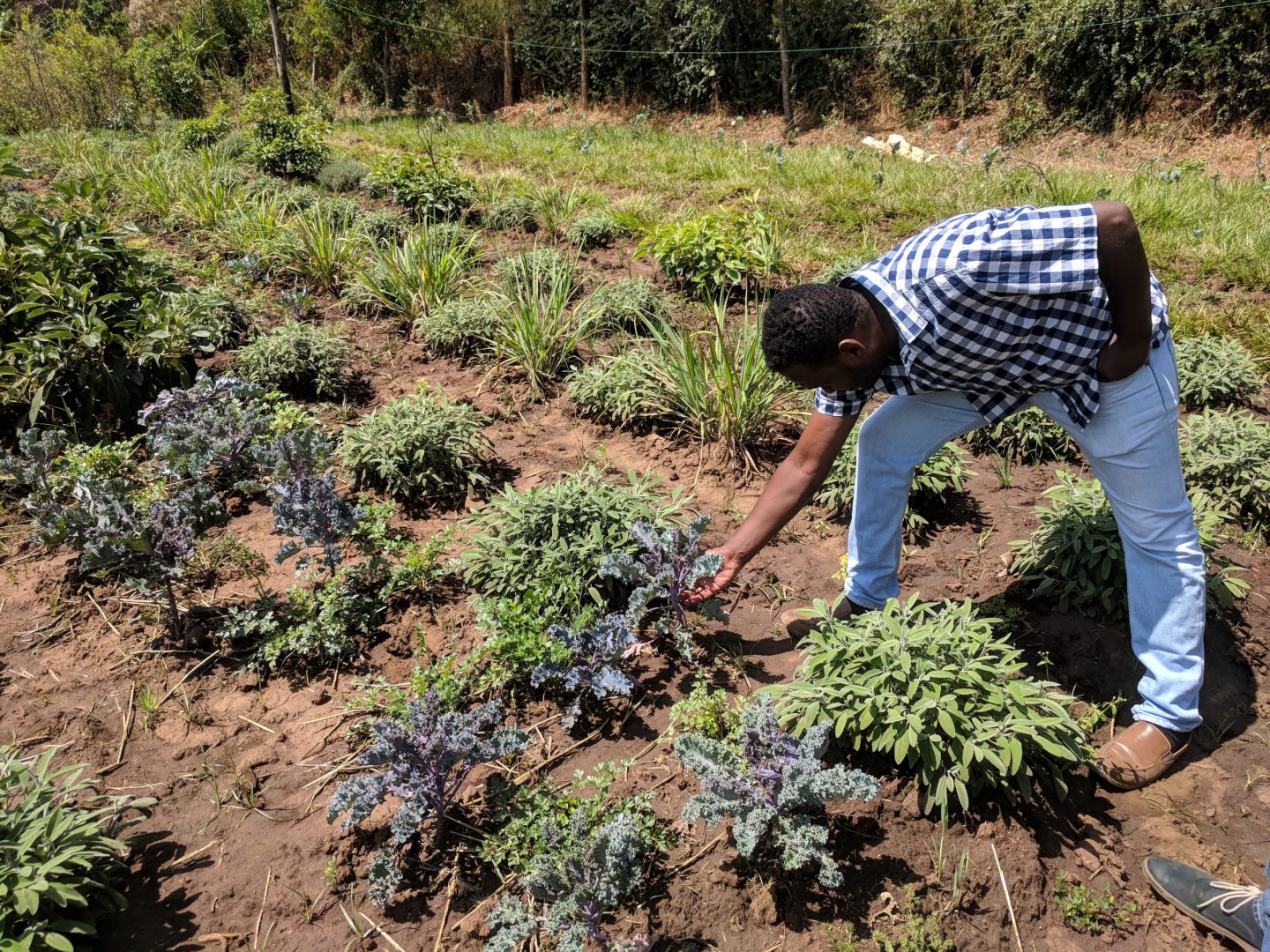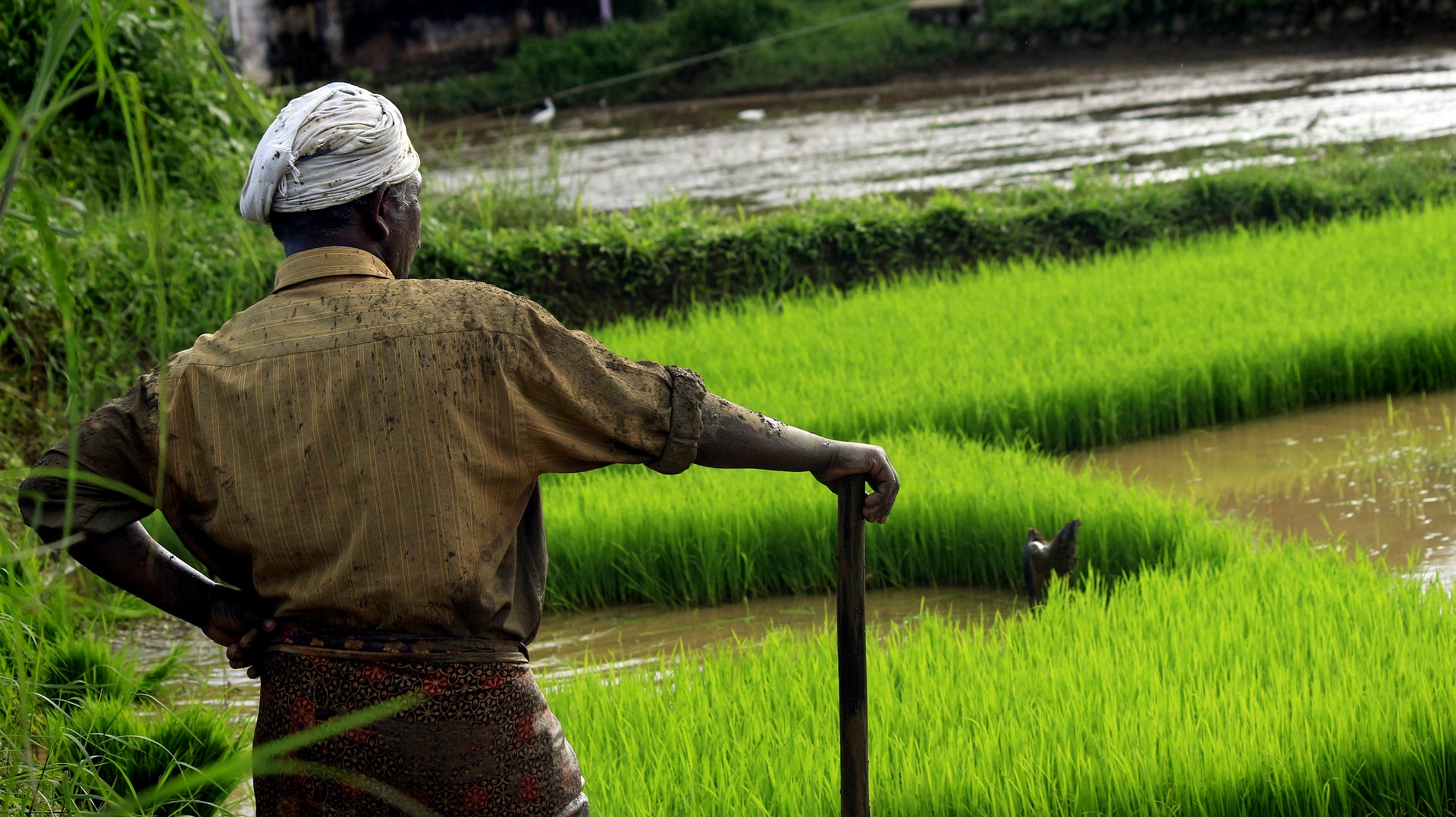How tech investments can help smallholder farmers in India
Inequality in income and availability of work between rural and urban areas are large contributors to a country’s overall economic inequality. In India, agriculture still employs more than half of the workforce, but wages are low and with rising education levels many young people no longer aspire to take over the family smallholder farm. Instead, migration to cities is popular, especially among young people. The share of consumers living in Indian cities is set to rise by 50 per cent.
This results in increasing food demand in cities and increased ability for consumers to spend money on produce. Yet, it’s the retailers, who are able to charge more, that often end up benefitting, rather than rural farmers, who have little bargaining power. This lack of access to markets and low prices for produce are a challenge for many farmers, particularly in India. Insufficient income to educate and nourish the family, and an inability to make long-term plans or invest in upgrading farming practices trap many in a poverty cycle.
Driven by changing consumer habits, technology-enabled business models have the potential to make a big difference for those living in poverty. Around the world, consumers are looking for fresh quality products. In the UK, online grocery businesses like Farmdrop have made it possible for urban consumers to order directly from farmers. CEO Ben Pugh told The Guardian that the company gives its 300-plus producers a bigger share of profits than the supermarkets. Farmdrop farmers keep 70 per cent of the retail price, compared with just over half at a traditional retailer.
The online grocery and home delivery market is also rapidly expanding in India and set to grow to $4.5 billion by 2023 from today’s $800 million. India’s organic vegetable market grows annually at about 25 per cent, outpacing the 10 to 15 per cent growth rate for conventional food.[1]
CDC investee company Big Basket is capitalising on these trends. The company is India’s largest online grocery company, distributing groceries to households. It delivers over five million orders per month – more than any competitor in India and more than Ocado in the UK. In addition to happy shareholders, this has resulted in smallholder farmers seeing a significant increase in their income since they started supplying to Big Basket.
Big Basket reaches 9,500 farmers across six states in India. Our recent Insight study, How does an online supermarket in India impact farmers?, produced in partnership with Sattva Consulting and Big Basket, found that half of these farmer suppliers can be considered marginalised smallholders with less than two hectares of land. The company provides collection centres close to farmer communities, each with a full-time agronomist to help them improve their productivity. In addition, each day, Big Basket determines the difference between the price offered in the local market and the price that consumers are willing to pay in the large cities. The company then splits the difference and passes on half the gains to the farmers.
What difference does all this make to a Big Basket supplier? On average, these farmers have seen an income increase of 10-14 per cent when supplying to Big Basket compared to when they sell on the local market.
One of these farmers, Malay Sherpa, has been supplying to Big Basket for over two years. Big Basket provides him nets, seeds, access to an agronomist and equipment. Since supplying to Big Basket, his income has more than doubled to about 60,000 rupees (£675) per acre per month. Big Basket has helped him shift to organic produce, which means he receives a 20 per cent premium compared with the regular retail price.
The impact that Big Basket has on farmer’s lives is deep and lasting. This is because the more income farmers make, the more reliable they are as suppliers and the more they are able to invest back into their farms, increasing product quality. Supplier loyalty and better product quality is in turn good for customer satisfaction and sales – and for the business as a whole.
This virtuous cycle is well understood in the company. According to Vipul Mittal, Director of Big Basket’s Fruit and Vegetable unit, “When it comes to dealing with farmers, we practice profit optimisation, not profit maximisation.”
CDC’s Insight study, ‘How does an online supermarket in India impact farmers’, explores the impact of Big Basket’s value chain model in more detail. Through interviews and focus groups with over 400 farmers combined with other data sources, our research demonstrates the tangible difference Big Basket has made on the lives of rural farmers.
[1] The World of Organic Agriculture Statistics and Emerging Trend 2018, FiBL and IFOAM – Organics International FIBL & IFOAM website https://shop.fibl.org/CHen/mwdownloads/download/link/id/1093/?ref=1 accessed on March 10. 2018
Insight is our series of practical lessons on private sector investment and development, based on our experiences. Sign up to our monthly newsletter.
